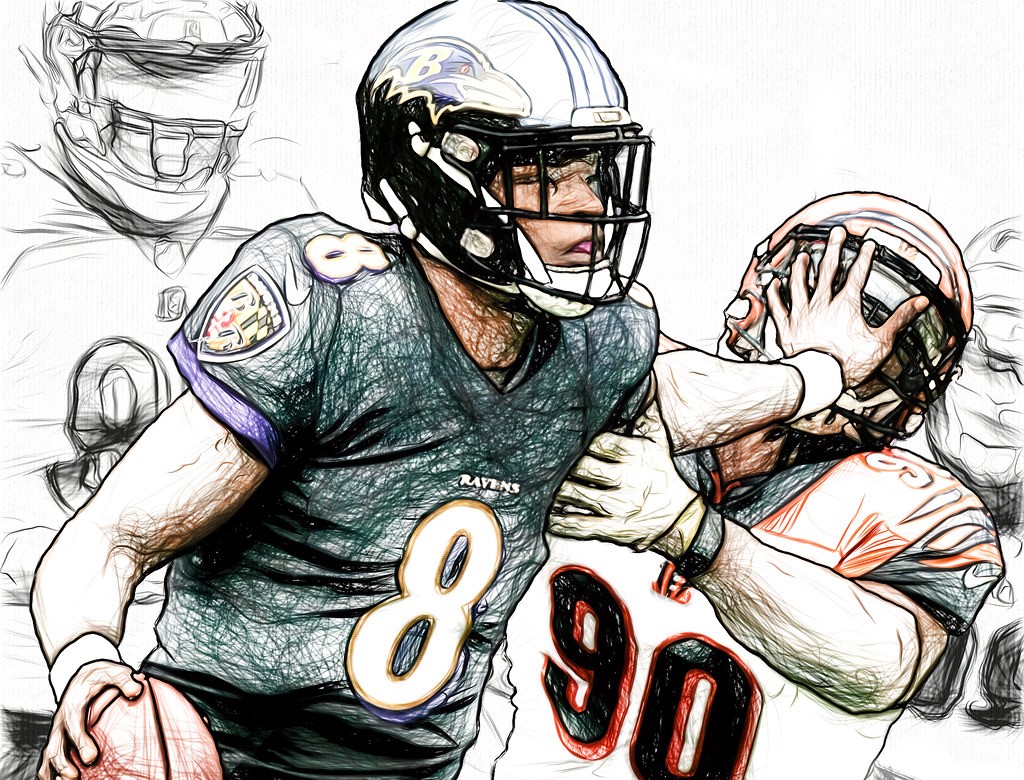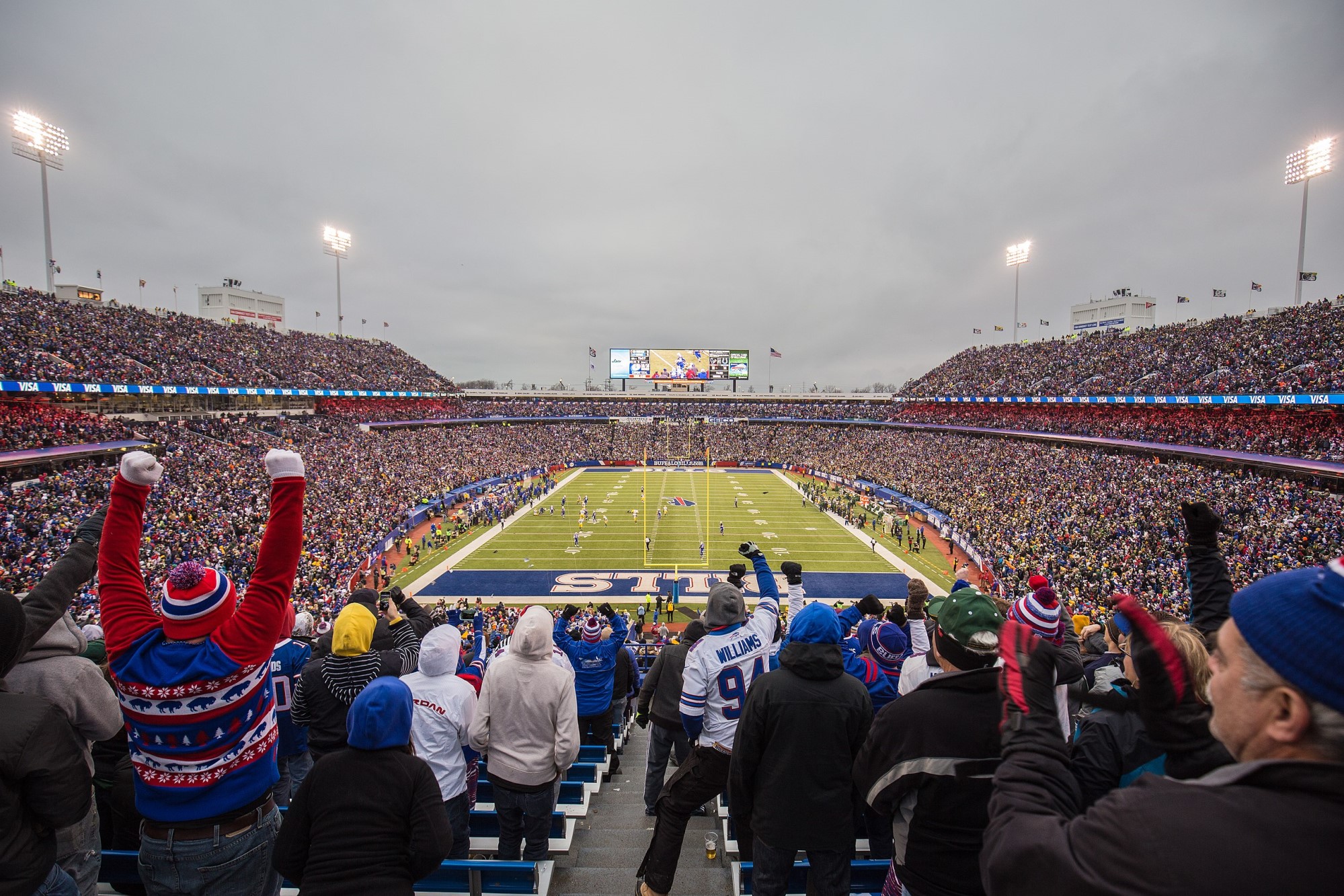Prejudice in the NFL?
The NFL is over for the next six months. The Superbowl has been won, all the player and coach accolades have been handed out, and teams are busy looking to build on the 2020-2021 season in free agency and the upcoming draft. But in today’s contemporary media environment, the NFL can’t be just about football. Over the past few seasons, the NFL has endured a series of serious media crisis–player safety, television ratings, and scandalous players (mostly Antonio Brown). But an issue that continues to linger is about diversity and the impact of racial issues on the game. This is no surprise to anyone, as the diversity issues were the subject of host Steve Harvey’s monologue at this year’s NFL 100 Awards ceremony. Indeed, the small pool of minorities that sit in front offices and on coaching staffs, as well as recent decisions regarding players of color raise the question of who’s to blame for the NFL’s diversity issues as well as who’s responsible for finding solutions for them.
70% of NFL players are black–the lineman, the runningbacks, the defense, the receiving core. But if you look at one position in particular, it’s not reflective of the majority demographic–the quarterback. Per The New York Times, 12 black quarterbacks started for the NFL 2019-2020 season, but it’s one QB short for tying the record of most black quarterback starts in a single season. There’s even been a bit of controversy regarding black quarterbacks in the last few seasons. The most recent being about the NFL 2019 MVP Lamar Jackson. The Ravens quarterback was unanimously voted the league’s most valuable player, but his talents weren’t always recognized. Many sports analysts, league owners, and coaches considered Jackson a running back disguised as a quarterback. Some even suggested that he move to the wide receiver position. On one hand, comments about Jackson’s game could be purely based on what he demonstrated at the combine. But on the other hand, a black man being judged predominantly by white males hints at something deeper. Maybe it wasn’t just Jackson’s performance at the combine, it was that he didn’t fit the traditional image of a NFL quarterback–Joe Montana, Dan Marino, or Tom Brady (who Jackson happened to beat last season). However, in the same token, Superbowl champ Patrick Mahomes and Texans QB Deshaun Watson are also impacting the traditional image of a quarterback through their style of play.
Lamar Jackson isn’t the only black quarterback that has received pushback for what he does on the field. There’s Colin Kaepernick, the former San Francisco 49ers QB who exited the league after kneeling on the sidelines during the national anthem in protest of police brutality of African Americans. Team GM’s, owners, and even the President of the United States condemned Kaepernick for his actions. Now, are the comments from NFL GM’s and owners indicative of prejudice? Like Lamar Jackson, Kaepernick’s critics were mostly white men. The fact that they were against speaking out against police brutality, no matter how controversial the topic might be for the league, is questionable. But at the same time, once Kaepernick left the league and couldn’t sign with a team, the main reason he couldn’t get a job was because he was considered a PR nightmare. Regardless if teams agreed with Kaep’s kneeling or not, no team wanted the news stories that would come from signing him. If so, then the issue of prejudice would be about the fans’ bias if they condemned Kaepernick for kneeling. To complicate matters even further, Dak Prescott, QB of the Dallas Cowboys, said that Kaepernick’s protests had no place in the league despite being a black man himself. Either way, some sentiment surrounding Jackson and Kaepernick might go beyond what they do on the field.
Jackson and Kaep are only the most recent cases though. Since black men were allowed to play quarterback in the league, they were often considered not smart enough to run offenses or read defenses. Marlin Briscoe, the first ever black quarterback to start in the league, threw 14 touchdowns during his rookie season with the Denver Broncos. John Elway, a legend Broncos QB, only threw half as many touchdowns as Briscoe during his rookie season. Despite the performance, Briscoe never played quarterback again. Warren Moon, the only black quarterback in the NFL Hall of Fame made MVP for the 1977 Rose Bowl and still wasn’t invited to the NFL Combine. He didn’t play in the NFL for six seasons after he left college. Like Jackson, Moon was also told to switch to running back or wide receiver.
The same negative sentiment didn’t only apply to players either. Although 70% of the players in the NFL are black, only 9% of the managers in league’s front offices are and 0% are CEO’s or team presidents. There is only one black general manager and out of the 32 NFL teams, 3 of the league’s head coaches are black. Back in 2003, the league introduced the Rooney Rule, a policy aimed at addressing the lack of diversity at the head coaching level. Per the Rooney Rule, teams are required to interview at least one minority for head-coaching positions and front office jobs. But per a study by the Global Sport and Education Lab at Arizona State University, the Rooney Rule didn’t improve minorities’ chances of being hired. According to The Atlantic, in the past three years 19 head coaching positions were made available and only 2 black coaches filled the openings. Some black coaches are rarely given a chance to make an impact on a team either. Former Detroit Lions coach Jim Caldwell was fired after back to back 9-7 records for the 2017 and 2018 season. Bob Quinn, the Lions’ GM, said that Caldwell wasn’t meeting expectations. But Quinn then went on to hire former New England Patriots defensive coordinator Matt Patricia, who went 9-22 in his first two seasons as head coach. Last season, the Lions record was 3-12-1.
It could be argued that rather than prejudice, the NFL’s diversity issues are purely “best man for the job” decisions. Teams look for the best quarterbacks that fit their offense and can lead a team. Team owners and GMs bring in coaches that can draw up plays accustomed to their team’s culture. But simultaneously, race is the driving force behind many if not all of the United States’ issues. Politics, advertising, music, fashion, literature, and every other medium that can be thought of is influenced by race is some form or fashion. Is it so farfetched to think that sports isn’t any different? Perhaps some personnel decisions are purely based on skill and compatibility. But at the same time, the league has been around for decades, and maybe some of the racist sentiment of the past century has seeped into the present.





